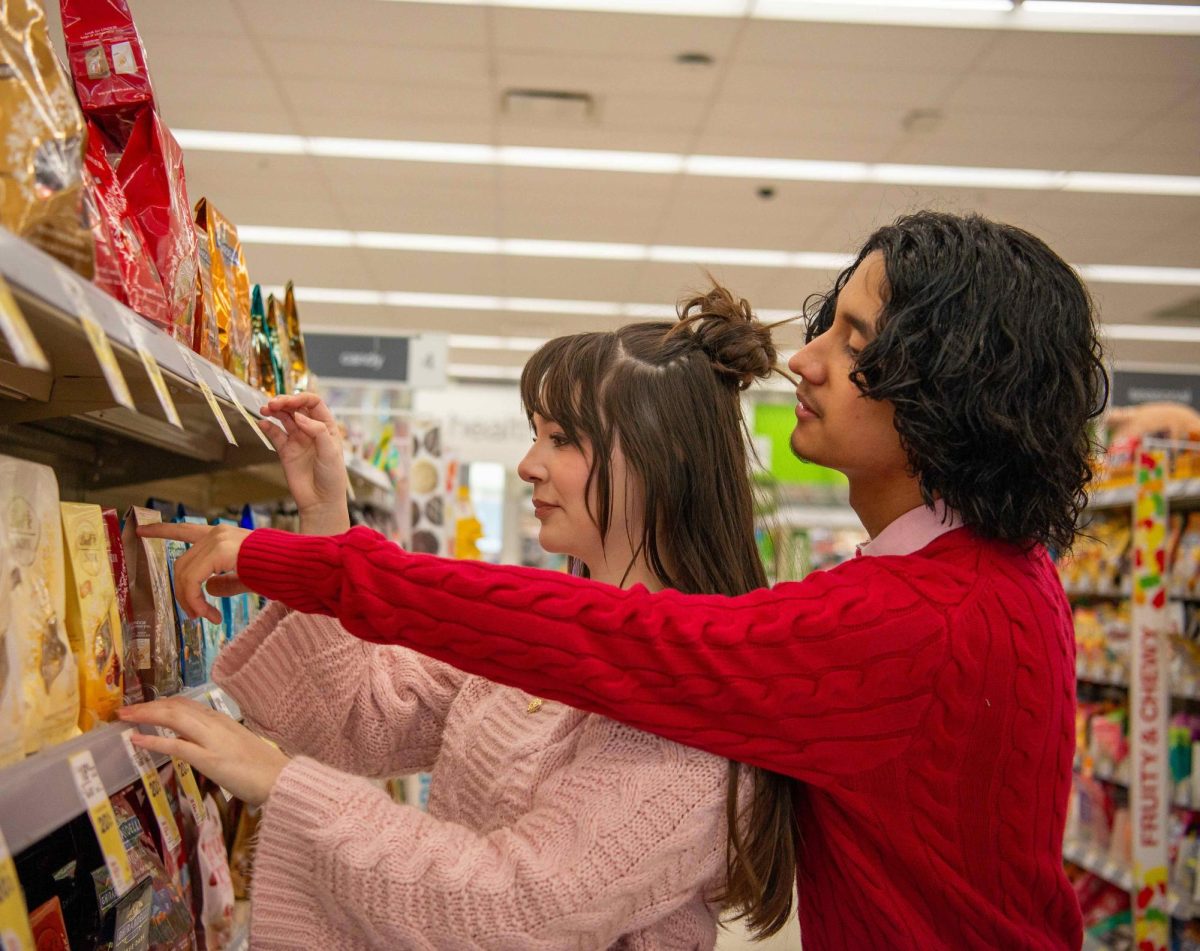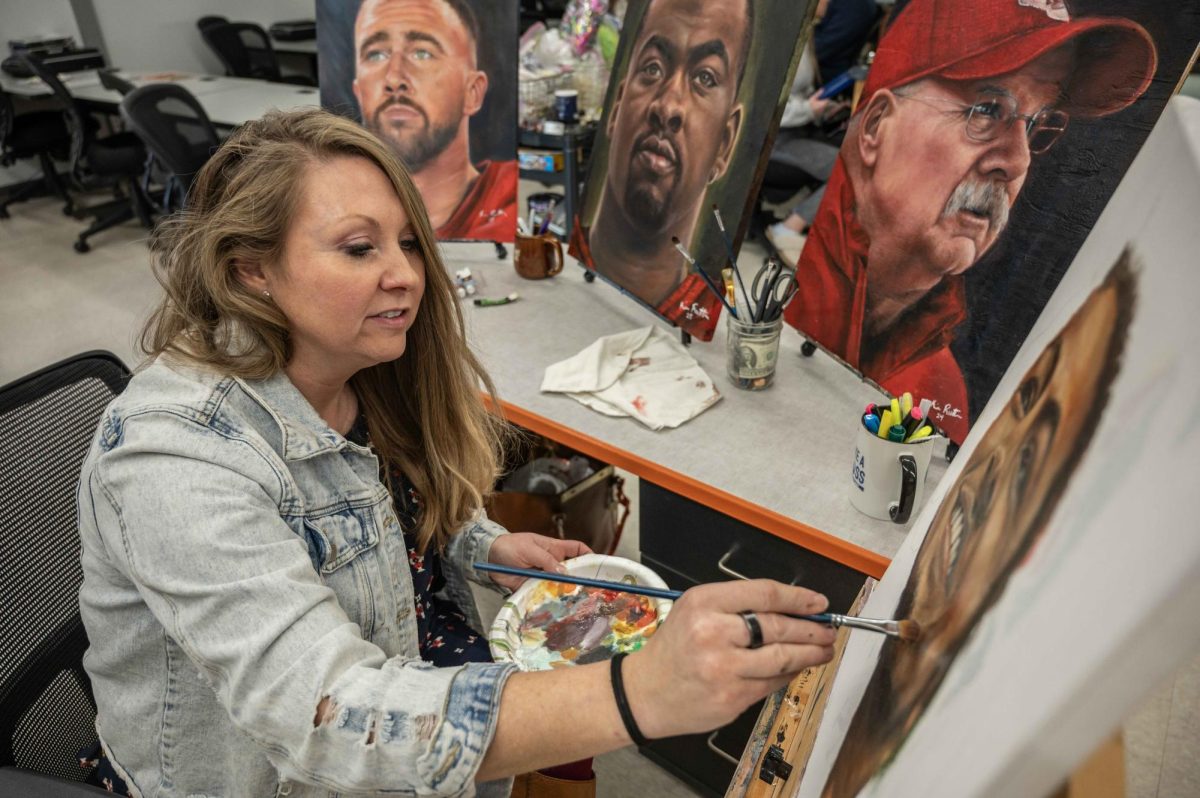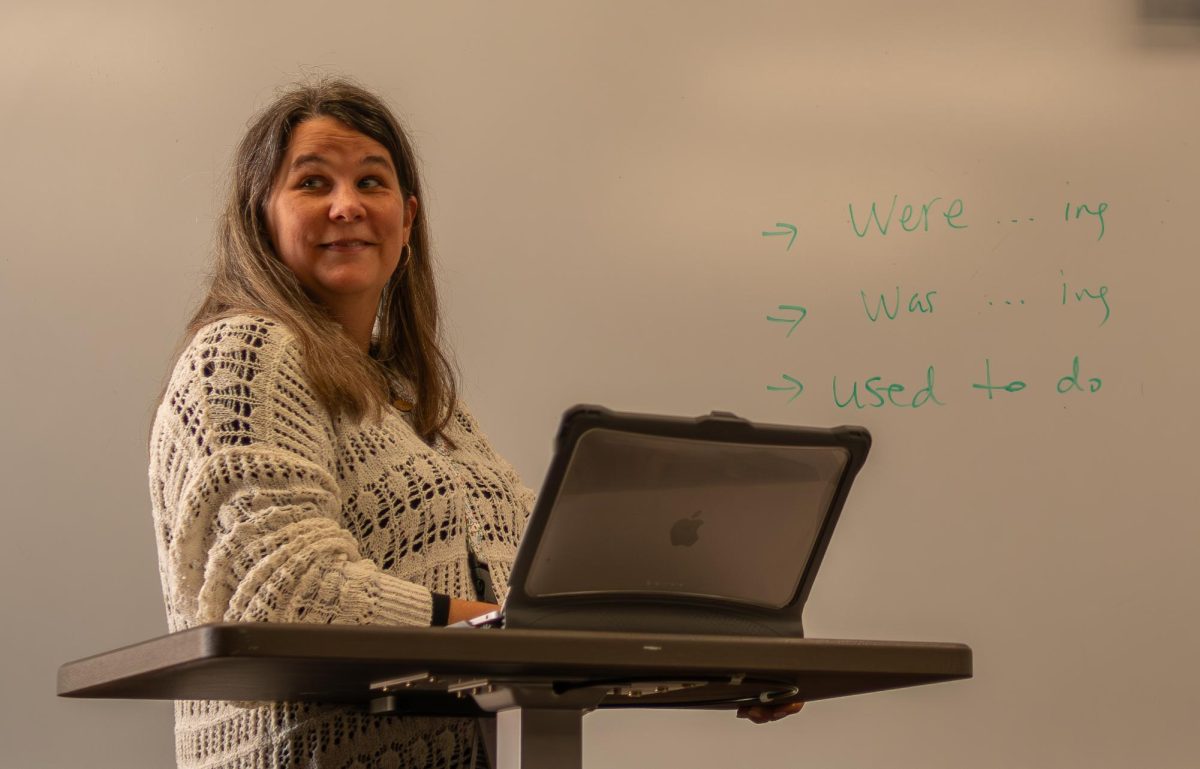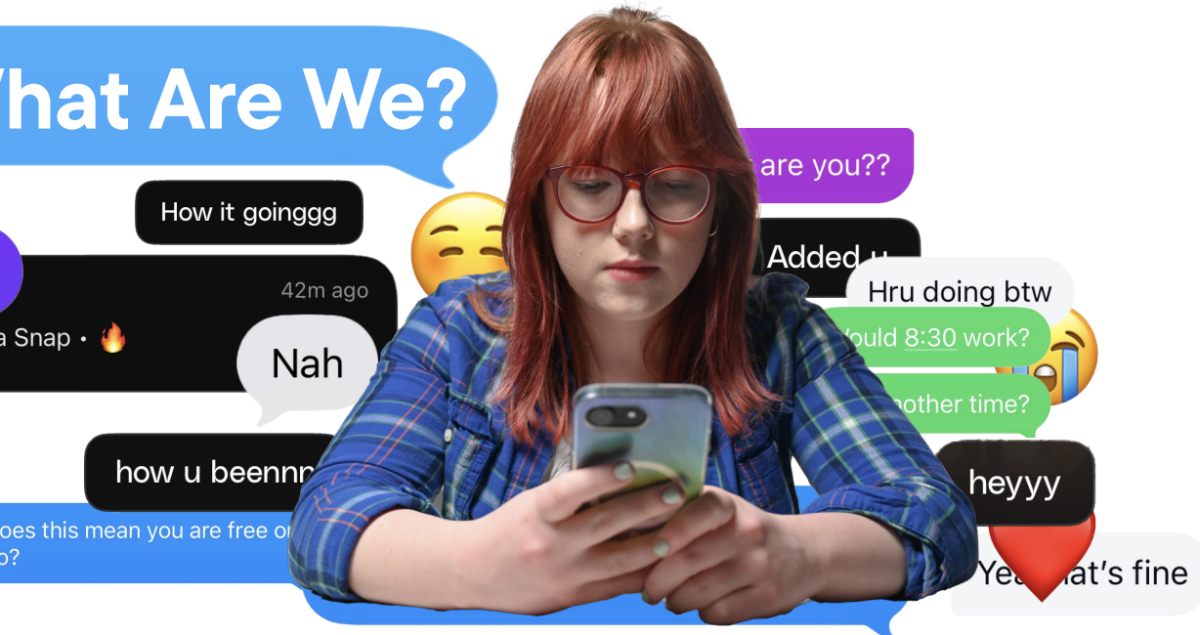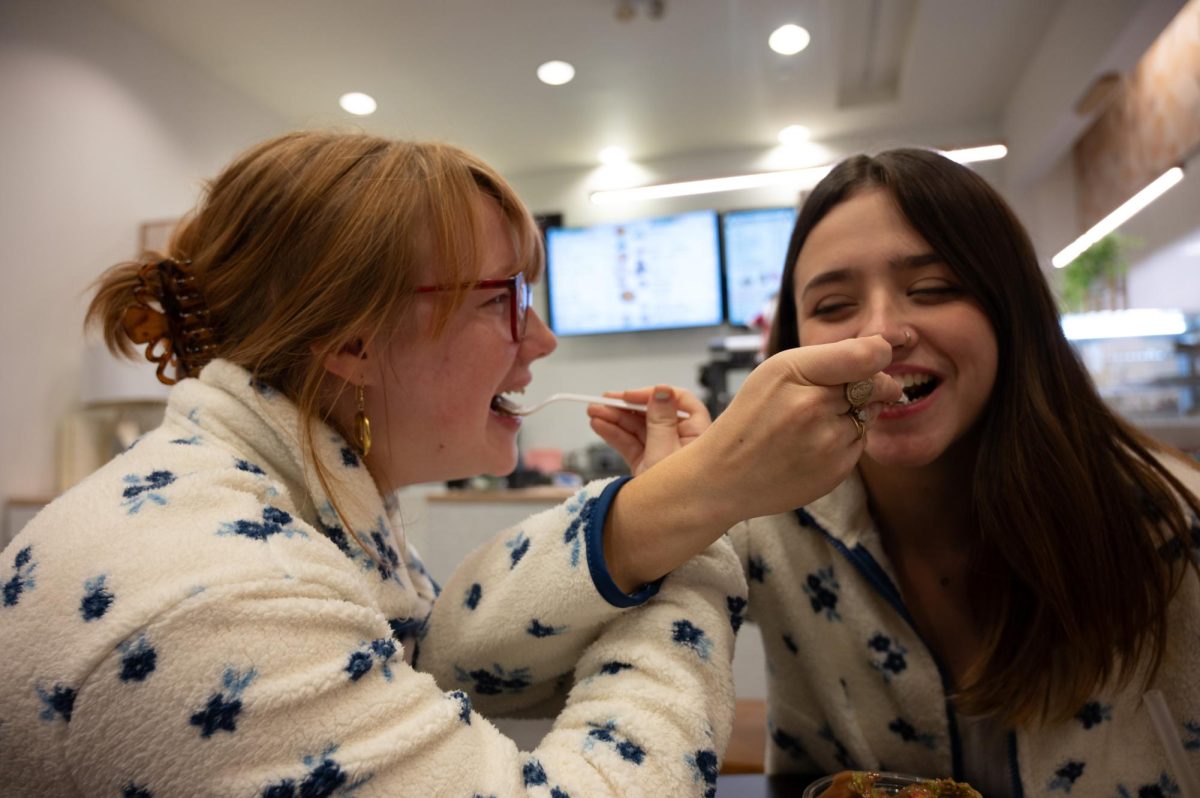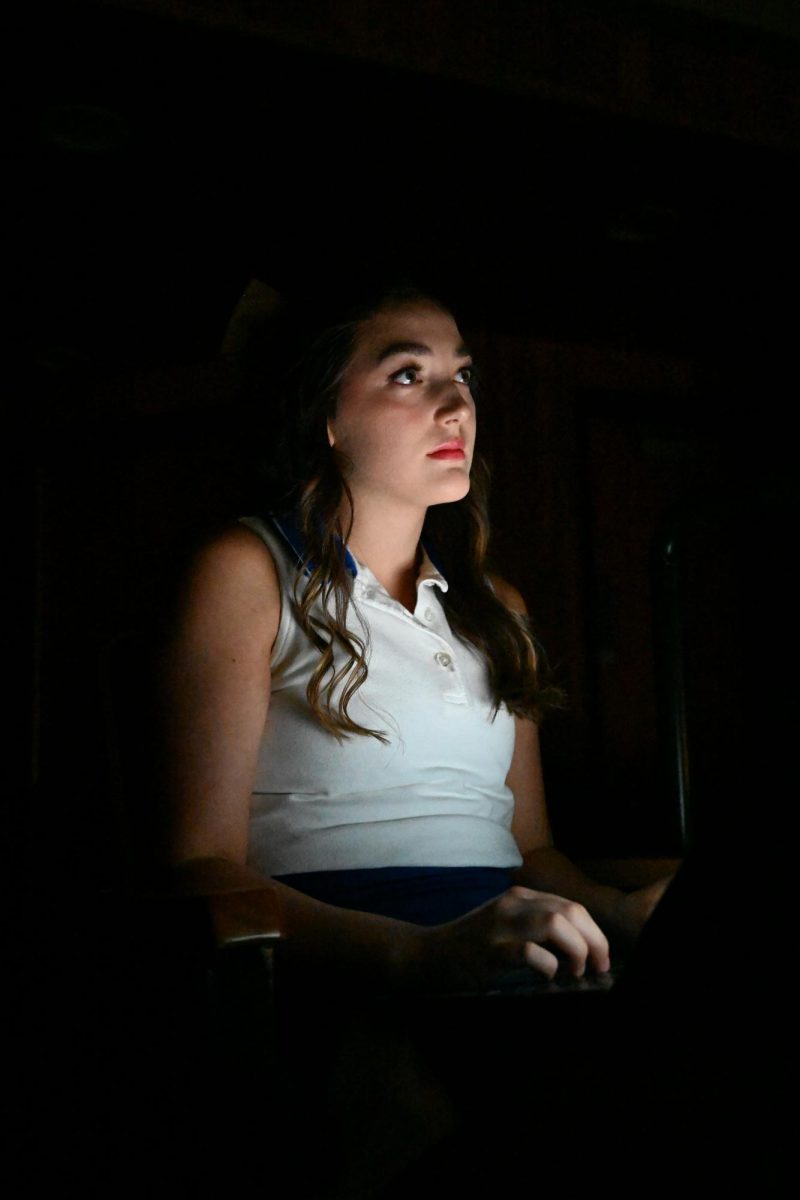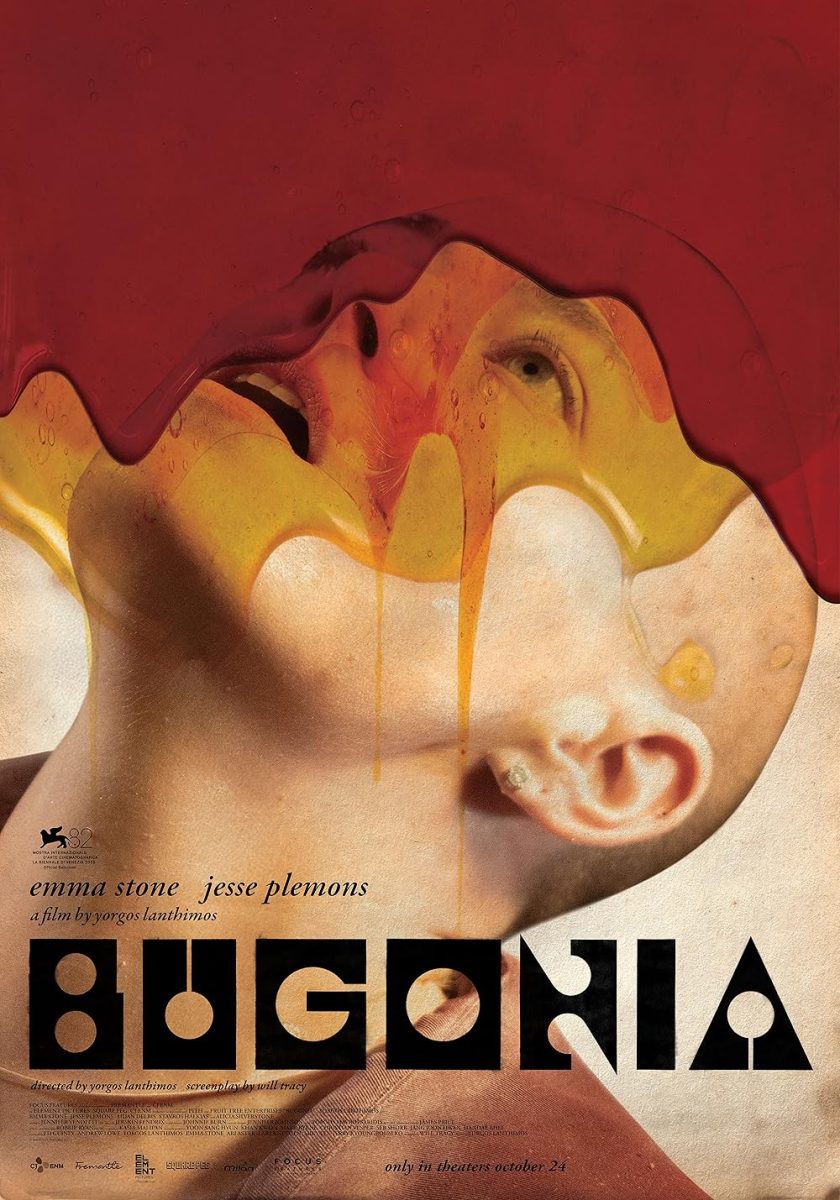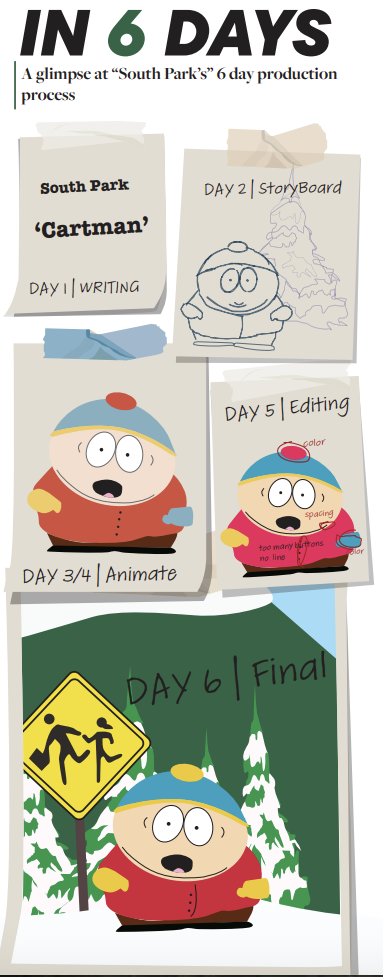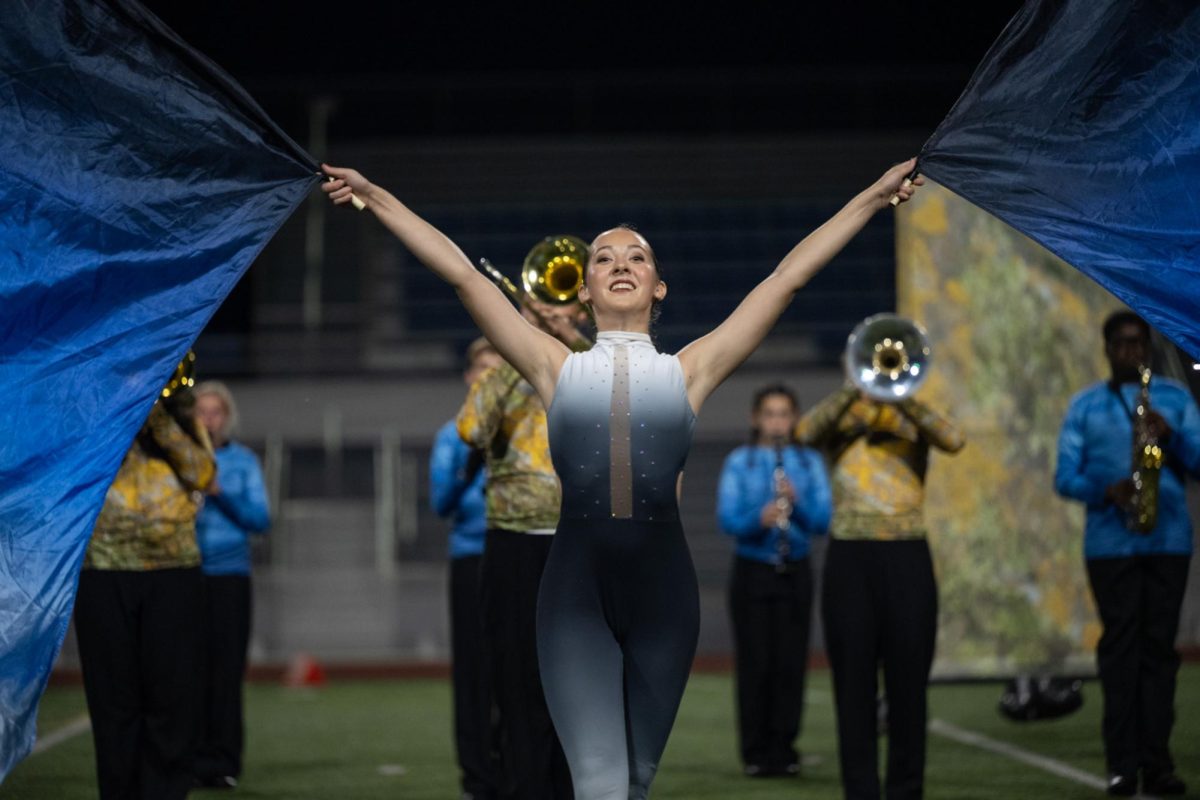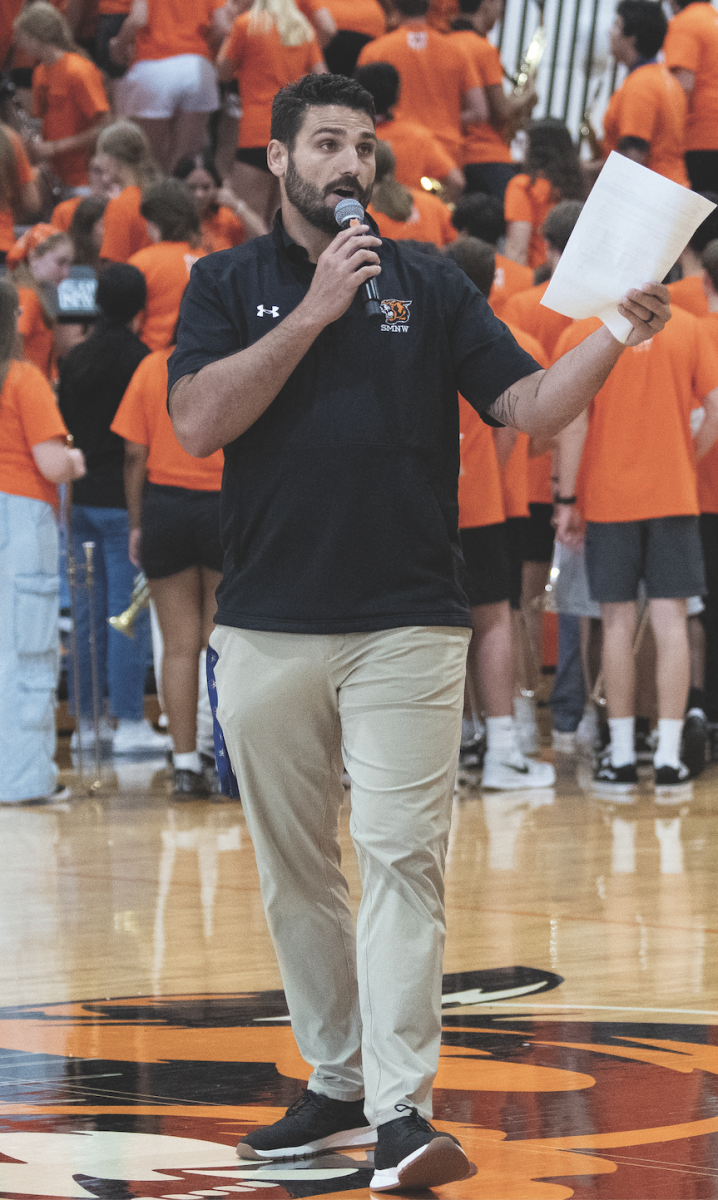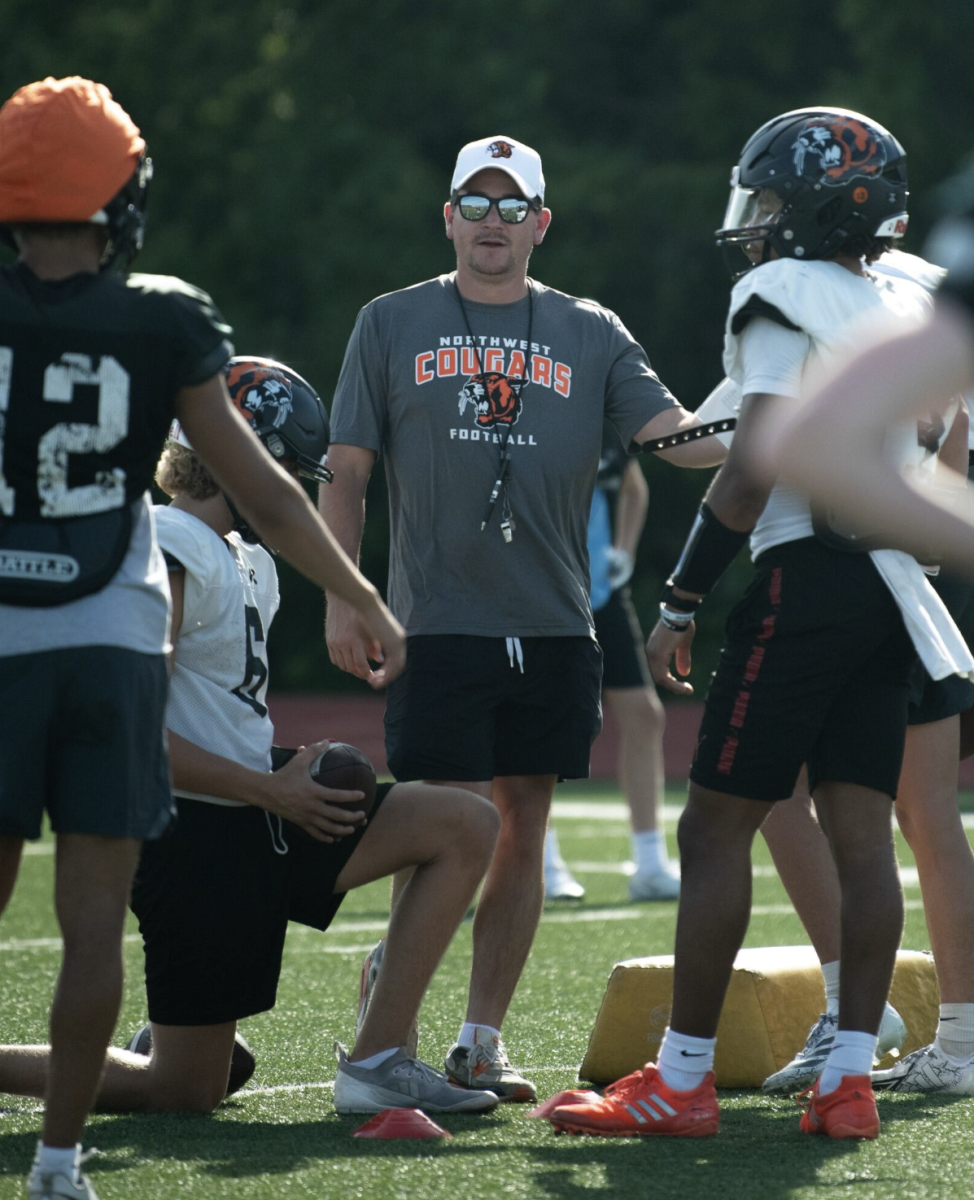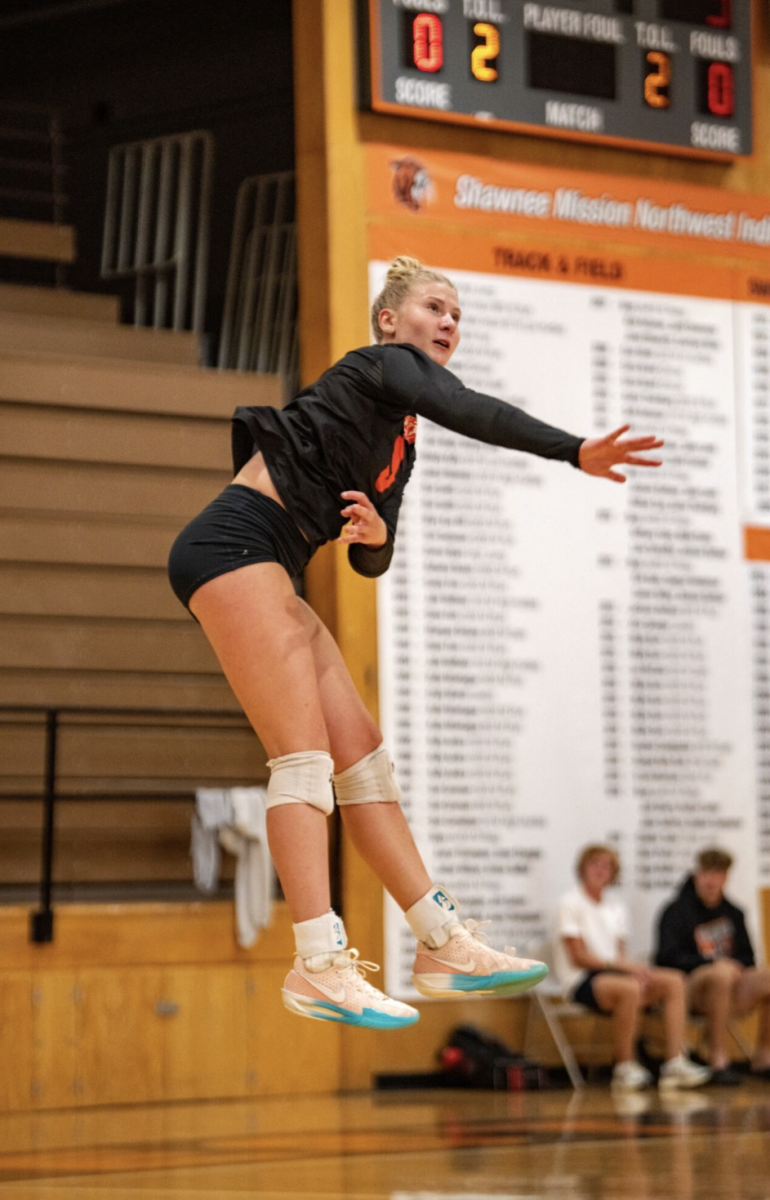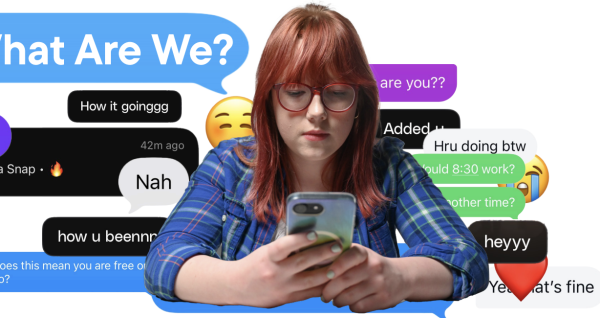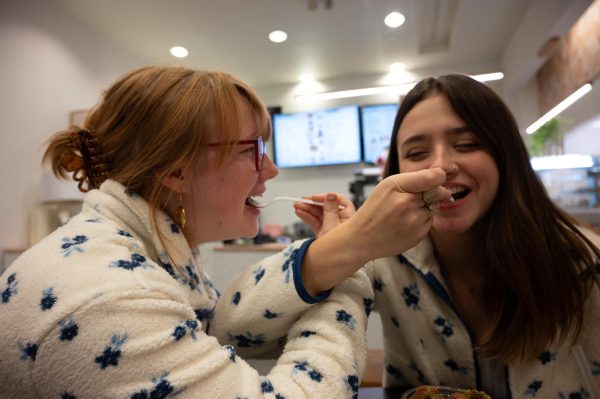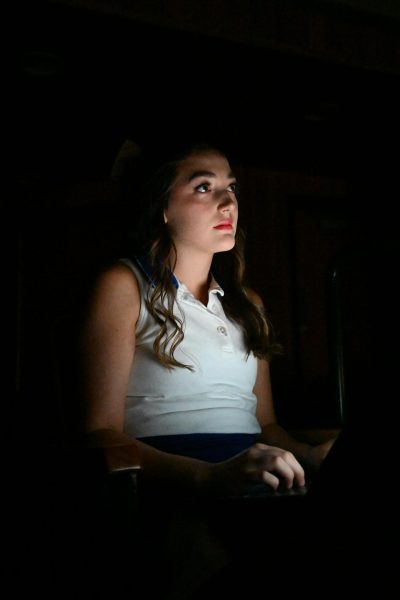Education with Purpose
The United States should follow other countries’ lead and allow high school students a more personalized education
It’s a thought that we’ve all had in some class or another: “When am I ever going to use this?”
I’ve always known that I want to be an elementary school teacher. I’ve always known that I won’t need college algebra or physics for my future, yet I am required to take these upper-level classes in order to graduate and be accepted to college.
In other countries, students are either tested and placed in a particular field of study or allowed to choose a specific field of study to pursue during high school. For some, this may seem daunting at such a young age, but most of us know the general field we want to pursue by the beginning of our freshman year.
For example, in Italy, three options for schooling after age 14 exist. L’istituto Tecnico, includes a typical “theoretical” education ( meaning that a majority of our learning is done through notes or videos and learning from the experiences of others), but still allows students to focus on one field. The only negative here is that, of course, students could change their mind on what they want to study.
Currently, American education is mostly theoretical. However, for many students, hands-on education is far more effective. The hands-on approach to education is called practical education. The U.S. education system is currently shifting in this direction, encouraging more hands-on, student-led and authentic educational experiences than ever before. The problem is that the transition is slow and all of us will be done with high school before it will potentially happen. Why can’t this shift happen more quickly?
I hate to say it, but math classes should be more heavily focused on the dreaded word problems. So often we leave the last two problems on our worksheets blank because word problems are daunting and more difficult than solving an equation. Teachers should spend more time showing students how to apply those equations if they’re so positive we are going to need them one day.
Basic required classes, like English, shouldn’t be eliminated with the addition of a specialized education. In L’istituto Tecnico, general education classes are still a part of every student’s curriculum. We should stick with that pattern of half general education and half personalized, but we shouldn’t follow in Italy’s footsteps when it comes to using theoretical education. In English, we should be doing fewer vocabulary quizzes involving memorization and more application quizzes, like using the vocab words in sentences or short stories. Our required courses need more real-life application.
Journalism classes, as well as debate, art and environmental education courses already teach students using hands-on experience rather than theoretical practice. In a journalism class, everything you learn can be applied to real life, even if you don’t want to be a journalist. We are learning people skills and how to present ourselves in business. In environmental education, you will often see classes headed outside to explore the outdoor lab or to work in the greenhouse. They are learning observation skills, attention to detail, as well as working as a group toward a common goal. And that’s in addition to knowledge about their impact on the earth, and the ways that they can work to save it in their own homes.
Focusing on a specialized and practical education will allow us to become more employable because we will have been learning how to apply our education to our future careers.
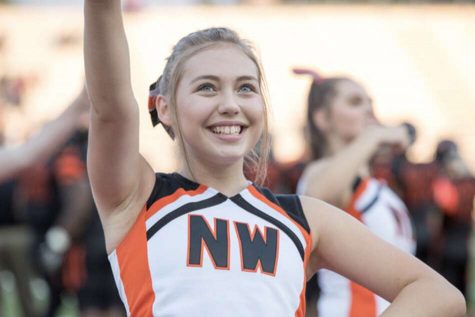
I'm a junior and I've been on staff for two and a half years as a writer and as the Online Managing Editor. This is my first year as co-Editor-in-Chief....

